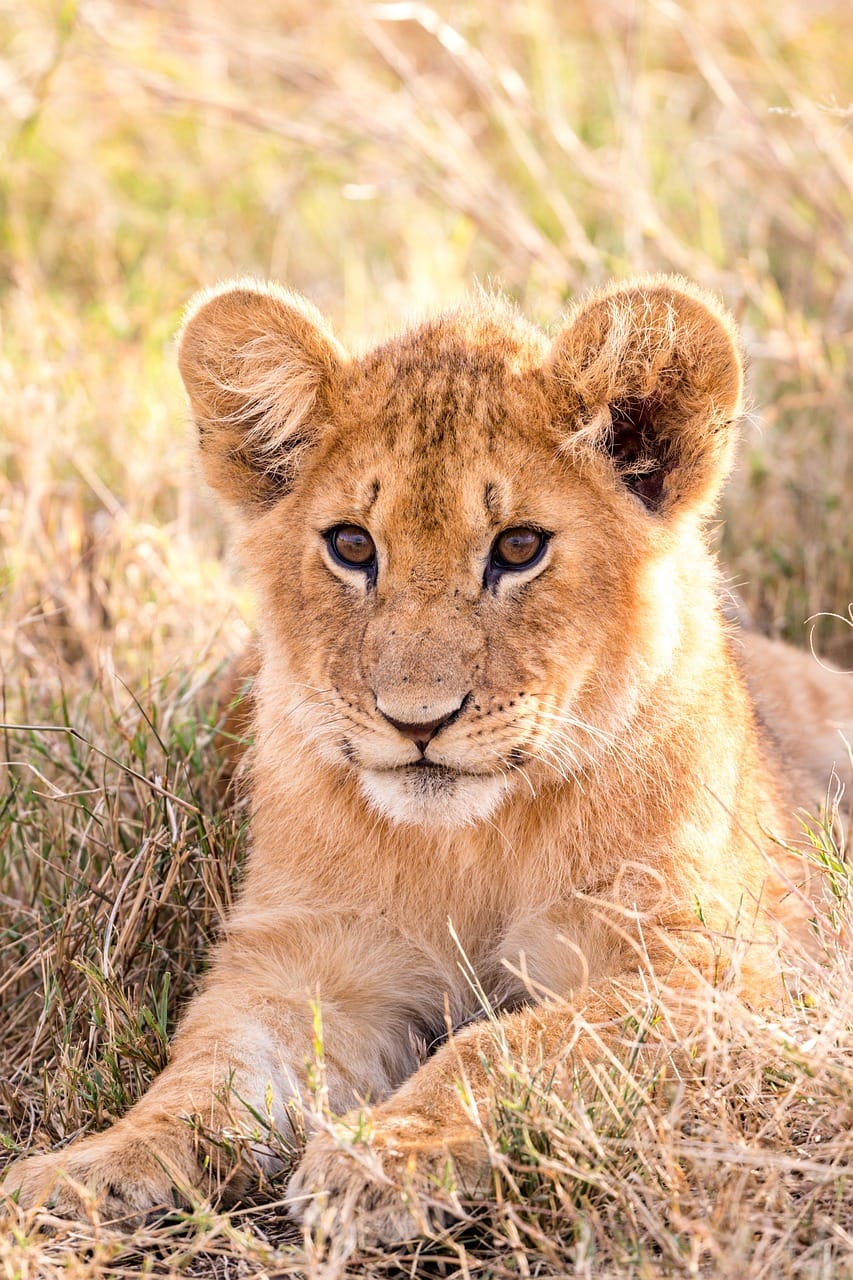
1. Singita, South Africa, Tanzania, and Zimbabwe
Singita is renowned for its luxurious yet eco-conscious lodges and reserves. Their commitment to conservation and community development sets a high standard for ethical tourism.
- Wildlife Protection: Singita supports anti-poaching units and conservation projects that protect endangered species like rhinos and elephants.
- Community Engagement: They invest in education, healthcare, and job training for local communities, ensuring that tourism benefits the people who live nearby.
- Sustainability Practices: Singita lodges operate with minimal environmental impact, using renewable energy and eco-friendly construction.
2. Wilderness Safaris, Botswana and Namibia
Wilderness Safaris offers incredible wildlife experiences with a strong focus on conservation and sustainable tourism.
- Conservation Initiatives: They manage extensive private concessions that protect vast tracts of wilderness and endangered species.
- Community Partnerships: Their “Children in the Wilderness” program educates local youth about conservation, creating future environmental stewards.
- Eco-Lodges: Many of their camps use solar power, recycle waste, and support water conservation efforts.
3. Ol Pejeta Conservancy, Kenya
Located in the Laikipia region, Ol Pejeta is a model for ethical tourism and wildlife conservation.
- Rhino Sanctuary: It’s home to the last two northern white rhinos and hosts one of the largest black rhino populations in East Africa.
- Community Development: Ol Pejeta works closely with local communities, providing education, healthcare, and employment opportunities.
- Sustainable Practices: The conservancy promotes eco-friendly tourism and offers low-impact accommodations.
4. Grootbos Private Nature Reserve, South Africa
Grootbos is a leader in ethical tourism, combining luxury with conservation and community upliftment.
- Floral Conservation: The reserve protects the unique fynbos ecosystem and offers guided tours that educate visitors about biodiversity.
- Community Initiatives: Grootbos runs a Green Futures College that trains local people in conservation and hospitality skills.
- Sustainability: The reserve is committed to sustainable energy use, water conservation, and waste reduction.
5. Maasai Mara Conservancies, Kenya
The private conservancies around the Maasai Mara are excellent examples of ethical tourism in action.
- Community Ownership: These conservancies are leased from Maasai landowners, who receive income from tourism while retaining grazing rights for their cattle.
- Wildlife Protection: Conservancies provide critical habitat for wildlife and reduce the environmental pressure on the main reserve.
- Cultural Respect: Guests can engage with the Maasai people through respectful, community-led cultural experiences.
6. Nkhotakota Wildlife Reserve, Malawi
Nkhotakota has undergone a remarkable transformation thanks to responsible tourism and conservation efforts.
- Wildlife Reintroduction: African Parks, which manages the reserve, has reintroduced elephants and other species, restoring the ecosystem.
- Community Benefits: Tourism revenue supports local education and healthcare projects, improving the quality of life for nearby villages.
- Eco-Tourism Focus: Lodges in the area operate sustainably, minimizing their impact on the environment.
7. Okavango Delta, Botswana
The Okavango Delta is not only a UNESCO World Heritage Site but also a shining example of ethical tourism.
- Low-Impact Tourism: Safaris in the delta are often conducted on foot or by traditional mokoro (canoe), minimizing disturbance to wildlife.
- Community Empowerment: Many lodges are community-owned or employ local staff, ensuring that tourism benefits nearby villages.
- Conservation Funding: Tourism revenue helps protect this fragile ecosystem and its diverse wildlife.
8. Mahale Mountains National Park, Tanzania
Known for its chimpanzee trekking experiences, Mahale Mountains National Park offers one of Africa’s most ethical wildlife encounters.
- Primate Conservation: Strict guidelines ensure that visitors maintain a safe distance from the chimpanzees, protecting them from human-borne diseases.
- Eco-Friendly Lodges: Accommodations like Greystoke Mahale operate sustainably, using solar power and supporting local communities.
- Research Support: Tourism helps fund ongoing primate research and conservation efforts.
9. Desert Rhino Camp, Namibia
Located in the remote Palmwag Concession, Desert Rhino Camp offers an intimate, ethical safari experience focused on rhino conservation.
- Rhino Conservation: The camp works with Save the Rhino Trust to protect the desert-adapted black rhino population.
- Community Involvement: Local communities benefit from employment opportunities and receive a share of tourism revenue.
- Sustainability Practices: The camp is designed to have minimal impact on the fragile desert environment.
10. Virunga National Park, Democratic Republic of Congo
Virunga is Africa’s oldest national park and a beacon of ethical tourism in challenging circumstances.
- Gorilla Protection: The park is home to critically endangered mountain gorillas, and tourism funds anti-poaching efforts and ranger salaries.
- Community Projects: Virunga’s tourism revenue supports local communities with education, healthcare, and sustainable development initiatives.
- Environmental Initiatives: The park operates renewable energy projects, including hydroelectric plants, that benefit surrounding communities.
Why Choose an Ethical Safari?
- Conserve Wildlife: Your visit directly supports efforts to protect Africa’s incredible biodiversity.
- Empower Communities: Ethical tourism ensures that local people benefit from conservation and tourism initiatives.
- Travel Sustainably: Reduce your environmental footprint by choosing operators committed to eco-friendly practices.
- Gain Deeper Connections: Ethical safaris offer meaningful cultural exchanges and authentic experiences.
Travel Ethically with Future African Safari
At Future African Safari, we believe in responsible tourism that benefits both wildlife and local communities. Our ethical safari packages are designed to give you an unforgettable experience while ensuring that your journey leaves a positive impact. From eco-friendly lodges to community-led tours, we prioritize sustainability and cultural respect in every aspect of your adventure.
Book your ethical safari today and travel with a purpose—explore Africa while making a difference!

